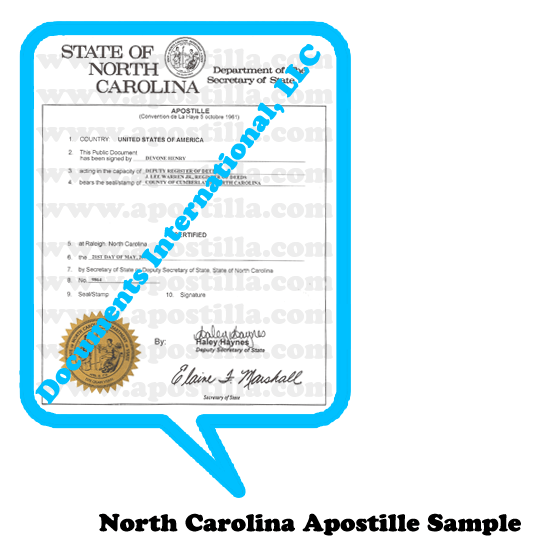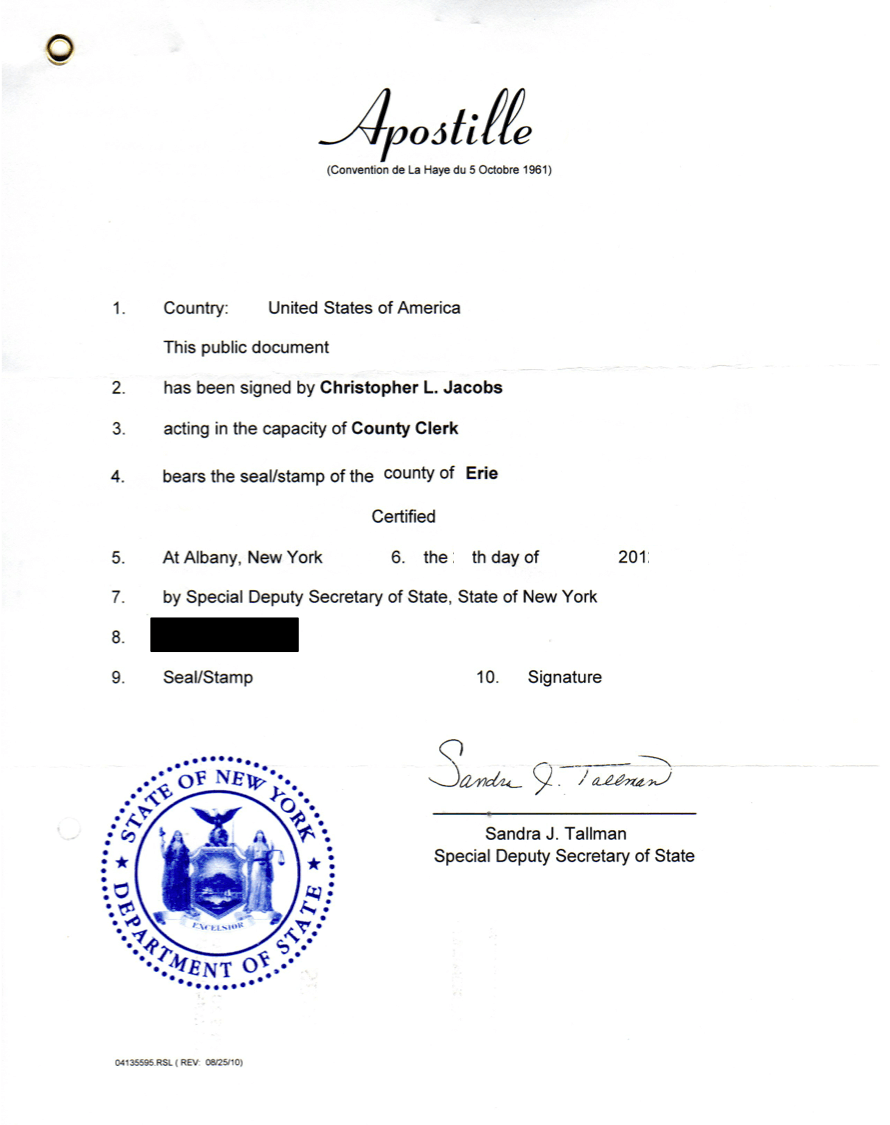Expert Houston Texas Apostille-- Secure and Efficient Processing
Expert Houston Texas Apostille-- Secure and Efficient Processing
Blog Article
Recognizing the Apostille Refine: A Comprehensive Guide to International File Authentication
Navigating the complex landscape of international record verification can be discouraging without a clear understanding of the apostille process. This overview carefully lays out the required steps, from recognizing which records need qualification to sending them for confirmation by the Competent Authority. Understanding the significance of an apostille and recognizing possible mistakes, such as insufficient entries and language obstacles, can significantly simplify the authentication journey. What precisely specifies an apostille, and why is it so essential for files predestined for Hague Convention countries? These questions create the structure of our expedition right into this important lawful treatment.
What Is an Apostille?
An apostille is a main certification that validates the authenticity of a record for usage in another country. This qualification, issued by a designated authority in the country where the record came from, ensures that the paper is acknowledged as legitimate and legit in the global arena. The procedure of obtaining an apostille includes numerous actions, including the verification of the document's trademarks, seals, and stamps by appropriate governmental bodies.
The apostille acts as a globally recognized form of authentication, made possible by the Hague Convention of 1961. This treaty, officially called the Hague Convention Eliminating the Demand of Legalisation for Foreign Public Records, standardizes the process of record accreditation amongst participant nations. The apostille itself is a standard certificate that has details info, such as the issuing authority, the native land, and the day of issuance.
It is crucial to keep in mind that not all papers are qualified for an apostille. Usually, public papers like copyright, marriage licenses, court orders, and instructional diplomas certify for this qualification. Personal documents, such as agreements and agreements, may call for notarization and added steps to qualify.
Significance of Apostille
Comprehending what an apostille is sets the stage for appreciating its importance in global negotiations. houston tx apostille. An apostille, essentially a kind of accreditation issued by a marked authority, verifies the authenticity of a record for usage in international nations that are notaries to the Hague Apostille Convention. This standardized process eliminates the demand for more legalisation by consular offices or consular offices, thus streamlining global transactions
The significance of an apostille can not be overstated. It makes certain the credibility and approval of vital files-- such as copyright, marriage licenses, and instructional diplomas-- across boundaries. For organizations, it facilitates the smooth conduct of international trade, mergers, and acquisitions by providing a trusted approach of document confirmation. This decreases governmental hurdles, conserving both time and resources.
Moreover, an apostille boosts lawful safety and compliance. Governments and establishments can confidently rely on the credibility of papers bearing an apostille, mitigating the threat of fraud and misstatement.
Records That Require Apostille
When participating in global deals or legal matters, details papers typically necessitate the verification provided by an apostille. This ensures their acknowledgment and approval in countries that are notaries to the Hague Apostille Convention. Typically, personal papers such as birth certifications, marital relationship certificates, and fatality certifications call for an apostille, especially when they are used for processes like immigration, marriage abroad, or worldwide probate issues.
Educational records are another classification regularly requiring apostilles. Diplomas, transcripts, and scholastic documents usually need this authentication go to my site for objectives such as seeking further education and learning, employment, or professional licensing in an international country (houston tx apostille). This step guarantees that the files are identified as legit and legitimate
Legal papers, consisting of powers of attorney, testimonies, and court orders, also typically require apostilles. Company records such as certifications of consolidation, bylaws, and business contracts might call for an apostille to help with international trade, establish foreign branches, or engage in cross-border legal procedures.
Actions to Obtain an Apostille

Getting an apostille entails a multi-step process that makes certain the credibility and acceptance of your papers in international nations. The first step is identifying which records require an apostille. houston tx apostille. Common papers consist of copyright, marital relationship licenses, academic records, and business files
As soon as recognized, the record has to be accredited by the proper issuing authority. After certification, the paper must be sent to the assigned Competent Authority in the paper's nation of beginning.
The submission process usually requires a completed application kind, the original document, and a fee. Some jurisdictions may provide the option of expedited processing for an additional fee. Upon effective verification, the Competent Authority will fasten the apostille certificate to the file, thus verifying its credibility.
Usual Obstacles and Solutions
Navigating the apostille process can offer numerous usual obstacles that, otherwise appropriately attended to, might postpone or complicate record authentication. One regular concern is the submission of incorrect or insufficient documents. Each nation has particular demands for the kinds of files that can be apostilled, and any type of read here inconsistency from these can cause rejection. Making certain that all files are accurate and complete prior to entry is crucial.
One more common obstacle is recognizing the diverse processing times. Processing times can vary dramatically between nations and even between different regions within the exact same country. It is necessary to represent these variations when planning the apostille procedure to avoid unforeseen delays.
Furthermore, language obstacles can posture substantial barriers. Papers in an international language typically need licensed translations, and any kind of errors in translation can result in further issues. Engaging a specialist translation service can alleviate this threat.

Final Thought
Understanding the apostille procedure considerably improves the efficiency of global paper authentication. By comprehending the necessity of recognizing and licensing required records, and navigating the submission to the Competent Authority, the process becomes more manageable. Understanding of typical difficulties, such as insufficient submissions and language obstacles, even more aids in stopping prospective delays. Making sure records important source are properly apostilled facilitates their approval in Hague Convention signatory nations, thereby sustaining smooth global legal and management treatments.
Report this page